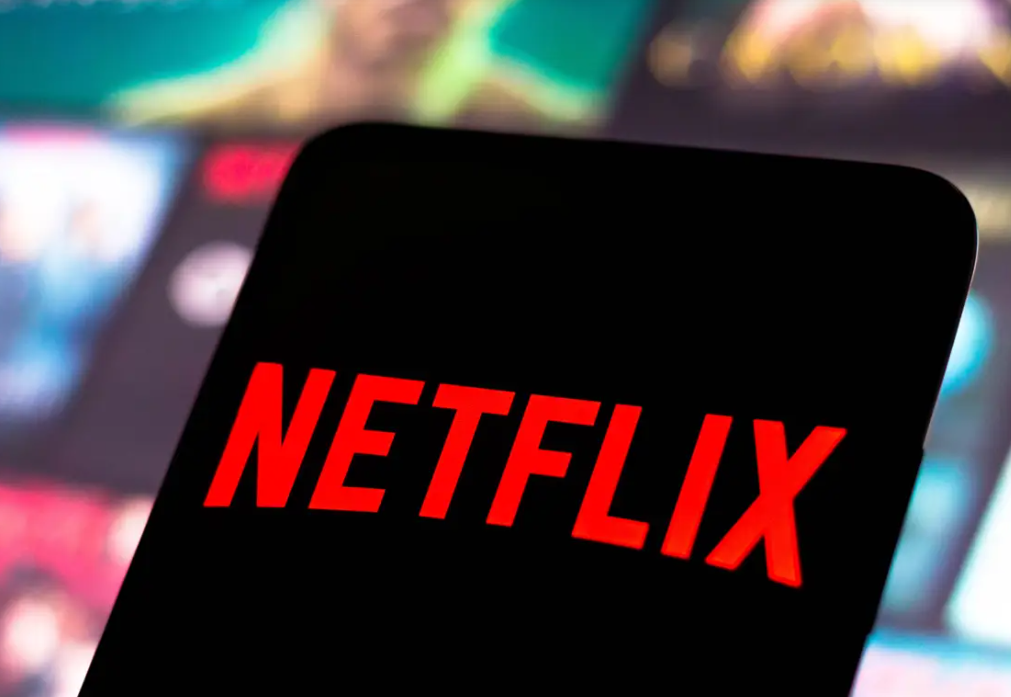Streaming giant Netflix is gearing up for a significant subscription price increase following the resolution of the Hollywood actors’ strike, according to inside sources. Talks about the hike are happening on a global scale, with speculations pointing toward an initial rollout in the United States and Canada. The exact amount of the increase and the effective date, however, remain undisclosed as of now. Netflix has not officially commented on the reported price hike plans.
The decision to raise prices comes in the wake of the Writers’ Guild of America (WGA) ending a 148-day strike against Hollywood studios, a move that has impacted streaming services. The strike compelled streaming platforms to share streaming data with the WGA, leading to a reshaping of the industry landscape.
While the SAG-AFTRA (Screen Actors Guild‐American Federation of Television and Radio Artists) actors’ union continues its strike, causing delays in major film projects such as ‘Dune: Part 2’ and ‘Spider-Man: Beyond the Spider-Verse,’ Netflix remains proactive. CEO Ted Sarandos emphasized the company’s preparedness for potential strikes, highlighting the reliance on a robust and diverse content slate.

Netflix’s decision to raise subscription prices follows a trend in the industry. Several major streaming platforms had previously increased prices by 25%, aiming to strike a balance between profitability and attracting customers to low-cost ad-supported plans. Disney+, a leading competitor in the US, currently offers its service at $13.99 per month.
Interestingly, Netflix’s approach to financial challenges differed from competitors. Instead of immediately raising prices, the company implemented measures to crack down on password sharing among subscribers, a move that not only retained existing users but also attracted new ones. This strategy led to a notable influx of 6 million new subscribers, bringing Netflix’s total membership to 238 million globally.
Netflix’s previous subscription plans restructuring took place in February when prices were lowered in some countries. These adjustments were followed by the implementation of measures to restrict password sharing, which was rolled out to over 100 countries in May.
As the entertainment industry navigates through these challenges, consumers and industry experts alike are watching closely for how these changes will impact their streaming experience and the future of digital entertainment.
Related:
- Netflix Marks the End of an Era as It Ships Out its Final DVDs
- Netflix’s Anti-Password Sharing Strategy Leads to 6 Million New Subscribers
- Amazon Kickstart Deals on Smart TVs now Live with Big Discounts
(via)







